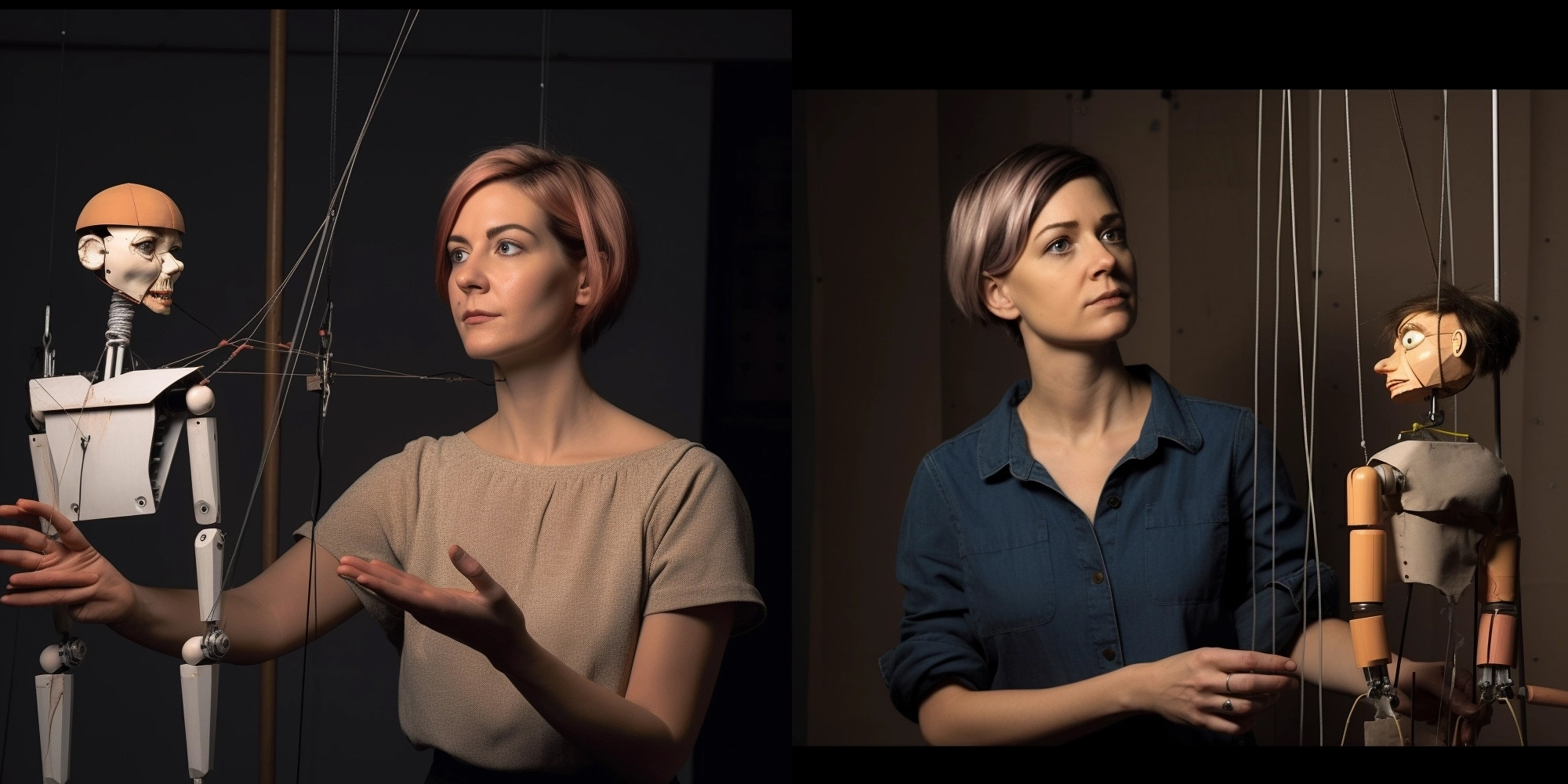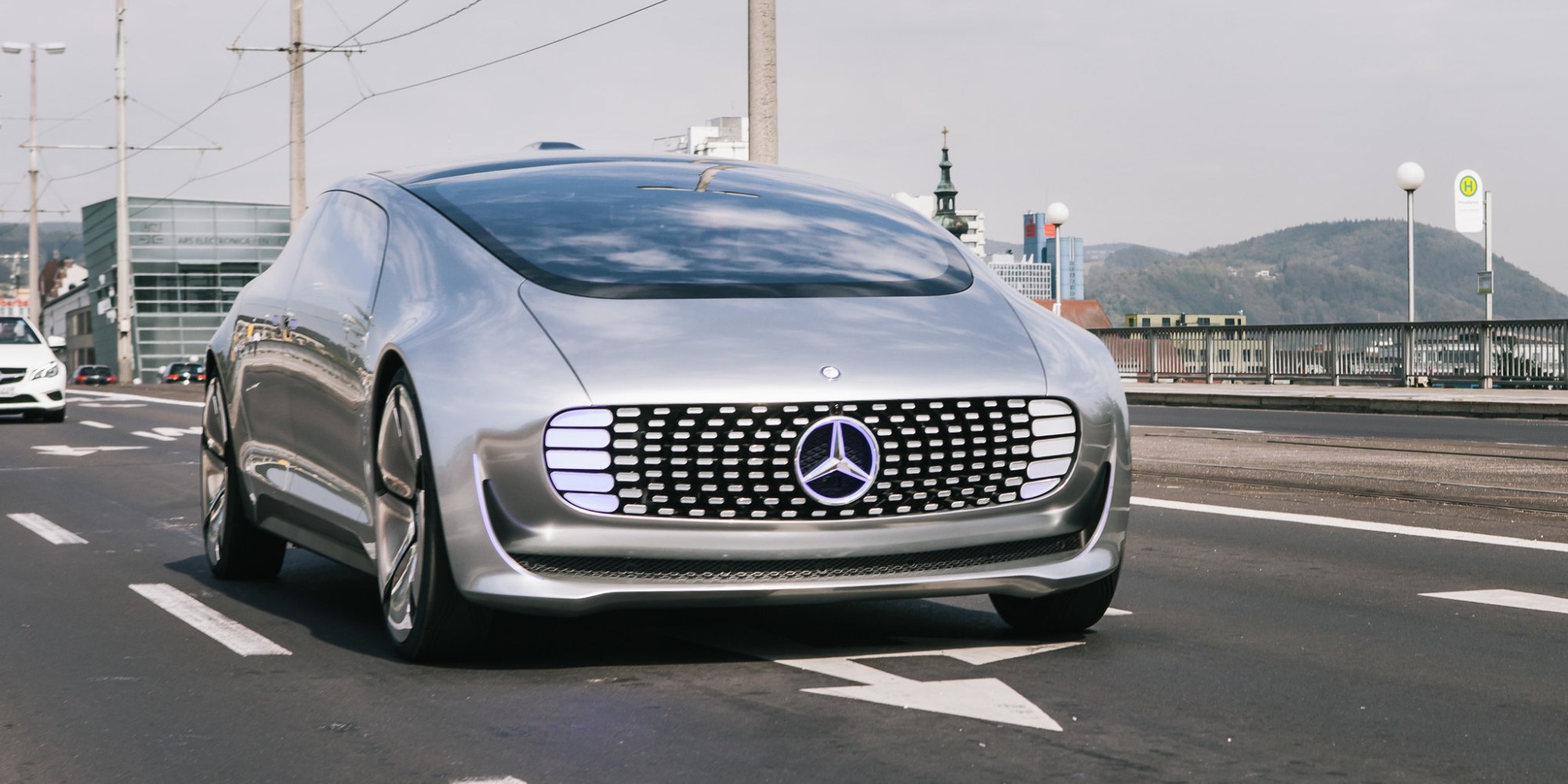Truth is a concept that is becoming increasingly important in today’s society. It is not only about the search for truth, but also about the question of who defines this truth and how it is communicated. In our globally networked world, where the opinions and views of many people are easily accessible, the interpretive authority over truth has become an important factor that determines power and influence. But what is truth actually? Is it absolute and objective or rather relative and subjective? We talked to Gerfried Stocker to find out more about the theme of “Who Owns the Truth” at the 2023 Ars Electronica Festival.

Who owns the truth?
In the past, the idea of a single truth was often used as an instrument of power and authority. Experts and governments claimed a monopoly on defining what was true, and people accepted their statements without question. But in recent years, this trend has changed dramatically. More and more people have realized that there are numerous perspectives and views, each with its own truth. In a world where people are inundated daily by a flood of information and opinions, it is becoming increasingly difficult to define a single truth. Truth is no longer a dogma proclaimed by experts or authorities, but an individual construct that everyone must define for themselves.
How can we best deal with the loss of the claim to “the” truth? First, we need to accept that there are many different perspectives and views and that each person has his or her own truth. It is important that we get used to thinking of truth in the plural and accept that there is no single truth. In order to navigate this new truth landscape, we must learn to think critically about the information and opinions that are presented to us. We should ask ourselves who has the sovereignty of interpretation and what the motives are behind the information and opinions.
Digitalization also raises the question of what is “real” and what is “not real.” While we often regard digital information or things we see through VR goggles as not real, upcoming generations who already grow up with these technologies may see it differently. For them, it may become self-evident that what they see is real, as truth is ultimately nothing more than a collective synchronization of perception. In this context, it is even more important that we consciously address the way we perceive reality and which factors can influence our perception.

Who owns the rights?
In today’s digital world, the question of the authenticity of originals and copies arises. As soon as something is digitized, there is no longer any distinction between the two. Digital copying is also having a major impact in the art and culture world and is challenging the business model of many creative producers. There are already charges against large image-generating systems for their ability to create high-quality copies of valuable cultural assets.
Interestingly, in the 1930s there was resistance from the musicians’ union to the record industry and talkies, fearing that these new technologies would mean the end of their careers. But today we have not only records, but also radio, television and streaming. In the field of music, however, things get especially exciting when it comes to the rights to inventions created by AI systems. These systems are able to gain knowledge and develop practical applications, which is already leading to heated discussions about copyrights and patents.

Who owns the property?
Another question the Ars Electronica Festival 2023 is asking is what ownership actually means. Ford has filed a patent in the U.S. that allows the automaker to remotely shut down multiple systems of a car if you don’t pay your purchase or lease payments. There are even patents that provide that in the future, if installments aren’t paid, a car will automatically make its way to the dealer or the bank. The question that arises here is who owns the data.
Modern tractors have numerous sensors that can collect all the information about soil conditions, weather, months and years. Initially, the manufacturer announced that the data would belong to the customers, but they would have to pay for it if needed. This caused resentment among buyers, so the manufacturer had to come up with a better business model. Perfect forecasting systems can now be created via the tractors’ sensors, which can predict crop yields for the coming weeks and months. This data is now sold to financial analysts who can make money from it and influence the economic basis of agriculture.
It is amazing how much the transition from automation to autonomization is overlooked. Automation is the paradigm of industrial society, meaning that what we did before without computers, we now do with computers to make it faster and more efficient. However, autonomization means that we leave autonomous, independent decisions to act to these systems. It is always emphasized that these are only assistance systems and that the decisions are ultimately made by humans, but economic pressures may mean that we end up relying on systems to make decisions.
You can find out more about the thinking behind this year’s theme for the Ars Electronica Festival 2023 here and more about the festival highlights here.
